We have to ask ourselves, constantly and with serious attention to specifics, whether as we build our democratic universe of human relationships, we might be getting things wrong. Private First Class Bradley Manning took action that demanded that we do that. Some say his leaking of classified documents was treason (the courts do not say that); some say it was heroism (the courts do not say that either).
What it was, most certainly, was a courageous and ill-fated foray into the most shadowy and uncertain edges of the landscape guarded by the First Amendment. A citizen of the United States gave documentary evidence to the press. This is an inalienable right in a free democracy. The Constitution of the United States was set up to make it so. But the fact that our system has roots in the judicial precedents of British Common Law means that the First Amendment clashes with principles like “State’s secrets”.
This is the foundational conflict that gives rise to the Manning moment. “Congress shall make no law … abridging the freedom of speech or of the press … to petition the Government for a redress of grievances.” Yet, the British monarchy protected its more unsavory methods of enforcing its authority, by using the legal system to safeguard official secrets.
At different times, throughout American history, presidents have seen fit to impose aggressive prosecutions for anyone letting official secrets out. The Civil War, the two World Wars and the Cold War, are the prime examples. And now, the so-called Global War on Terror (which some have called World War IV) has led to a de facto re-engineering of the relationship between citizens and government, especially in the area of information.
Even as information is now more readily available and free flowing than at any time in history, we are seeing a disturbing increase in the number of extreme punishments handed down against whistleblowers. Though Manning violated the Uniform Code of Military Justice and various federal laws, he did so to reveal wrongdoing, and the prosecuting court found him NOT guilty of aiding the enemy.
Yet, he was found guilty of “espionage”. It was a comedian who most incisively pointed out the inherent contradiction. If one has not aided the enemy, then whom is he spying for? Stephen Colbert’s answer, expressed with shock and dismay: The American People. It is difficult to see how, if Manning’s actions did not “aid the enemy”, they could be seen as anything other than an attempt to reveal disturbing information.
Still more forced and convoluted is the logic that without aiding any enemy, he could have been a spy, even indirectly. What is clear, ultimately, is that Manning was a source of information for a media outlet (WikiLeaks)—of the “new media” variety—which then acted as a source for more conventional media publications. The first amendment does not provide a means of prosecution of the New York Times, for what transpired, but Manning has been sentenced to 35 years in prison.
This is the situation we are in. We find ourselves professing open democracy, freedom of speech and of the press and an inviolable right to petition the government for redress of grievances, i.e., to blow the whistle, and yet when those precise rights are put in action, in a way that the legal system finds does not “aid the enemy”, we are taking away the life and liberty of the individual involved.
There is no way around the central issue, in the problematic case of PFC Bradley Manning: we are attempting to justify the curtailing of basic liberties in service of the fundamental interest of security, in the abstract. Most of us understand what Benjamin Franklin meant, when he said that a people willing to trade liberty for security will lose both and deserves neither. President Obama has often expressed that very insight himself.
But now, we have an actual, real-world judicial process in which the government of the United States, whose powers are limited in numerous concrete ways by the language of the Bill of Rights, is making precisely that play in the court of historical reasoning. Ultimately, whatever Bradley Manning’s legal problems, he revealed criminal wrongdoing, and we are now being asked to save the village by setting it on fire—protect our basic rights by overriding them.
Manning is a touchstone, whose presence in our culture now serves more than anything as a provocation to consider these core questions:
- Are we willing to support the transcendence of our basic liberties?
- Is our government doing us a service when it acts in this way?
- Are we who we pretend to be, or do we need to be more thoughtful, if we are to keep the Republic?
- What, really, is being achieved by jailing someone for espionage who did nothing to aid our enemies?
- What role does each of us have to play in this episode?
There is no one simple answer to any of these questions. But what we know, now that Manning has been sentenced to 35 years in a maximum security federal military prison, for experimenting with the First Amendment that safeguards all of us, in order to reveal evidence of criminal wrongdoing, is that we cannot get away without asking these questions. We cannot be what we pretend to be, if we cannot answer them in a way that meets all of our standards and values as a democracy.

Respond to The Problematic Case of PFC Bradley Manning